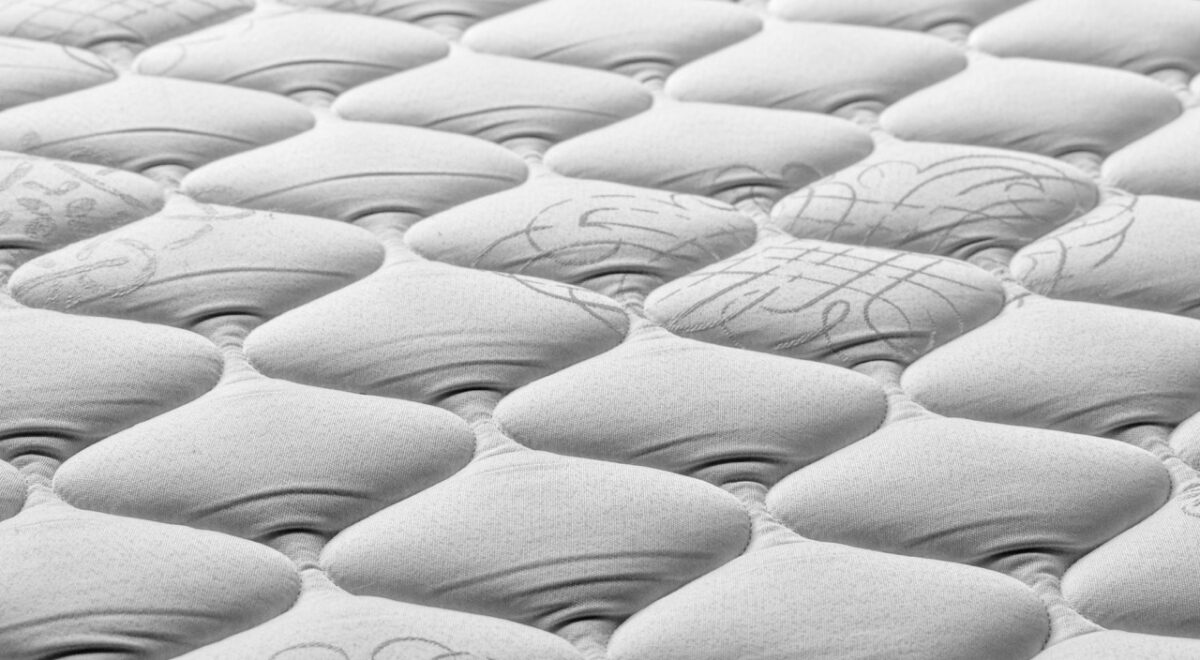Collagen supplements have been in the news for a while, particularly adored by skincare enthusiasts. Scrolling through your social media feed, you’ve undoubtedly come across numerous ads for collagen supplements, promising to enhance and preserve your youthful appearance for years to come. And all with good reason. Collagen, the most abundant protein in your body is often referred to as the fountain of youth, as it serves as the natural architect for maintaining the firmness and elasticity of your skin. It constitutes a substantial 75% of the skin’s support structure, acting like a scaffolding that upholds the tautness of your skin. But collagen’s importance extends far beyond skincare & there are a lot ways to incorporate natural collagen sources in diet.
It makes up about 30% of your body’s total protein, serving as the foundational material for various parts such as your muscles, bones, tendons, ligaments, connective tissues, vital organs, blood vessels, and the lining of your intestines. There are three primary types of collagen, each with distinct functions that are essential for our overall health. Type I collagen is the most abundant form, and it plays a crucial role in maintaining healthy skin and ensuring firmness and a youthful appearance. Type II collagen is essential for safeguarding joint health and ensuring smooth and painless function. Finally, Type III collagen, though less recognised, plays an important role in fortifying the structural integrity of our organs and skin.
In a conversation with Dr Tulika Anand, Dermatologist, Faculty (Manipal-Tata Medical College), we understand and learn more about the complexities of collagen, beyond the realm of skin health.
Role of Collagen in the body
Collagen plays an important role in holistic well-being with its benefits extending to several areas of health such as:
- Hair and Nail Health: Collagen, a fundamental component of hair and nails, promotes their health and vitality. It aids in strengthening brittle nails and contributes to thicker, more robust hair growth.
- Joint Mobility: Collagen is a crucial element of cartilage, tendons, and ligaments that surround joints. As such, it plays a pivotal role in maintaining joint mobility and reducing discomfort.
- Gut Health: The stomach lining, responsible for controlling the passage of substances into the gut, also relies on collagen. Adequate collagen levels help maintain a strong gut lining, reducing the risk of conditions like leaky gut syndrome and associated digestive problems such as bloating and diarrhoea.
- Muscle Recovery and Inflammation Reduction: Collagen aids in the repair and regeneration of muscle tissues. This is especially important for individuals engaged in physical activities, as it speeds up recovery and reduces the likelihood of muscle soreness. Collagen’s anti-inflammatory properties also contribute to overall physical well-being.
Reading the Signs: Collagen Deficiency
Sometimes, as we age or experience certain health conditions, the amount and quality of collagen our bodies produce can decrease. Apart from wrinkles and sagging skin, a collagen deficiency can lead to weak bones, joint pain, osteoporosis and an impaired gut lining, causing digestive issues. Collagen is also present in blood vessels, and its deficiency can disrupt their function, causing abnormal blood pressure levels.
Monitoring your body for these signs can offer insights into your collagen levels and may suggest the need for collagen supplementation to maintain overall health. To promote collagen production and its associated benefits, you have two primary strategies: dietary choices and collagen supplementation. On the dietary front, you can boost collagen with these natural collagen sources in diet:
- Bone Broth: This is one of the best natural sources of collagen. It’s made by simmering animal bones, such as chicken or mutton for an extended period. The collagen in the bones is released into the broth, making it a nutritious powerhouse.
- Chicken Skin: The skin of poultry is a good source of collagen & when you roast or cook chicken with the skin on, you get a collagen boost in your diet.
- Fish: Many fish, particularly fatty ones with bones, are rich in collagen. Salmon, mackerel, and tilapia, among others, can provide collagen-building nutrients.
- Eggs: Egg whites contain proline, which is an amino acid necessary for collagen production.
- Vitamin C: Eating foods rich in vitamin C can help boost collagen production. Red and yellow vegetables, such as red peppers, sweet potatoes, and carrots, are great sources of antioxidants too which support collagen synthesis. Berries and citrus fruits are also excellent sources of vitamin C.
- Nuts: Almonds and peanuts are rich in the amino acid lysine needed for collagen formation.
- Leafy Greens: Spinach, kale, and other leafy greens contain chlorophyll, which can help increase procollagen levels.
Collagen Supplements: While dietary sources offer a means to boost collagen intake, you can also explore collagen supplements available in various forms for your convenience. Collagen peptides and marine collagen are two types of collagen supplements that can be added to foods and beverages. Collagen peptides are hydrolysed collagen proteins that are easily digestible and often flavourless and marine collagen is sourced from fish. Both of these are available in the form of:
- Collagen Capsules or Tablets: These provide a convenient way to take collagen, especially if you’re on the go.
- Collagen Powder: Similar to collagen peptides, collagen powders can be dissolved in liquids or used in recipes like smoothies.
- Collagen Drinks: Some supplements come in the form of ready-to-drink beverages.
When choosing a collagen supplement, opt for a reputable brand and consider your dietary preferences, as collagen can be derived from bovine (cattle), marine (fish), or other sources. It’s advisable to consult a healthcare professional before starting any supplements to ensure they are safe and suitable for your specific needs. Maintaining a balanced diet rich in vitamins and minerals that support collagen production, along with proper hydration, can also further enhance the effectiveness of collagen supplements.



 What Is a Steam Room?
What Is a Steam Room? What Is a Sauna?
What Is a Sauna?









